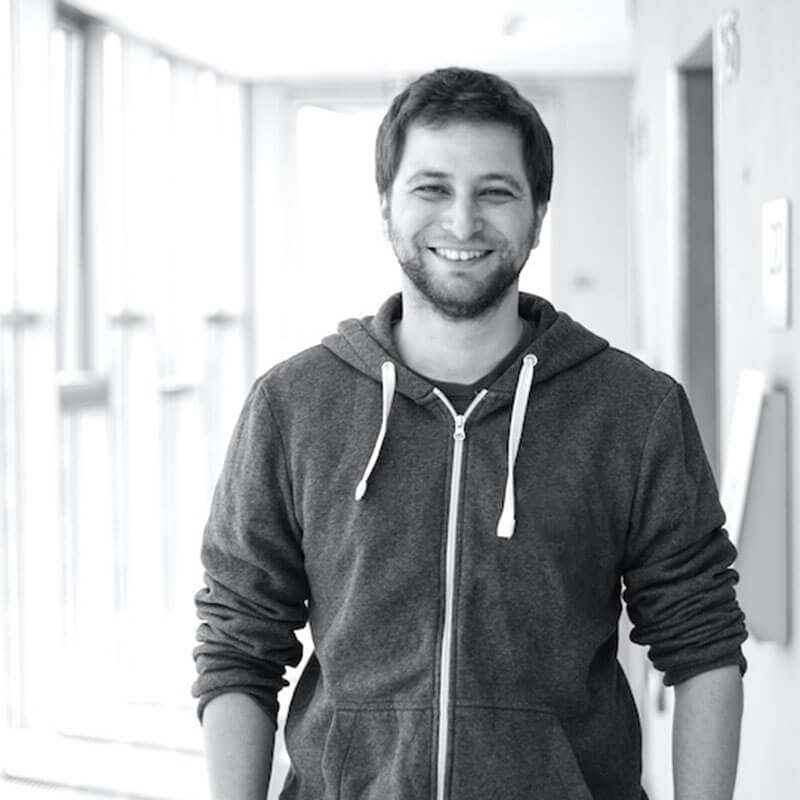
Serge Belongie (University of Copenhagen), “Searching for Structure in Unfalsifiable Claims”
Abstract: While advances in automated fact-checking are critical in the fight against the spread of misinformation in social media, we argue that more attention is needed in the domain of unfalsifiable claims. In this talk, we outline some promising directions for identifying the prevailing narratives in shared content (image & text) and explore how the















